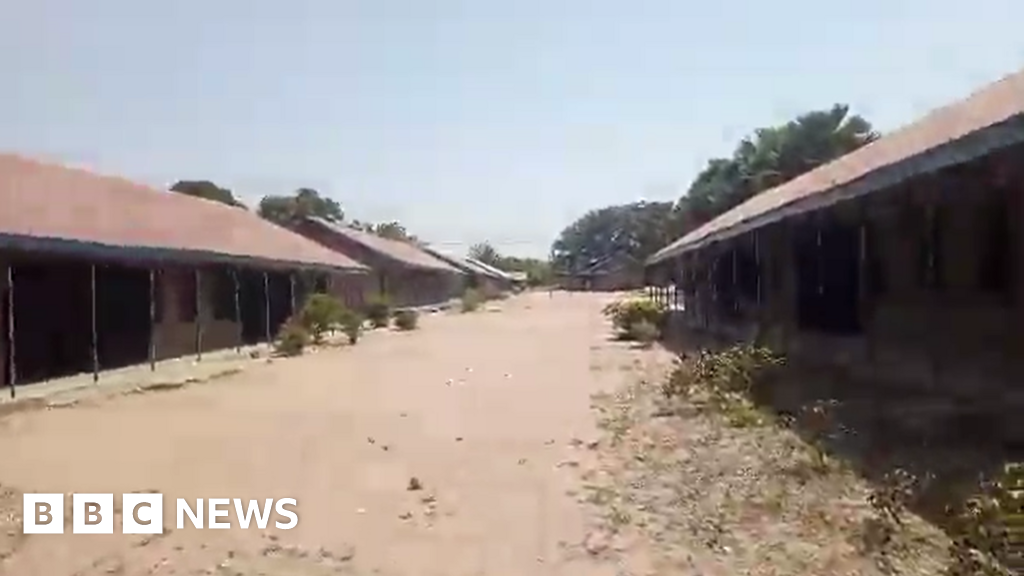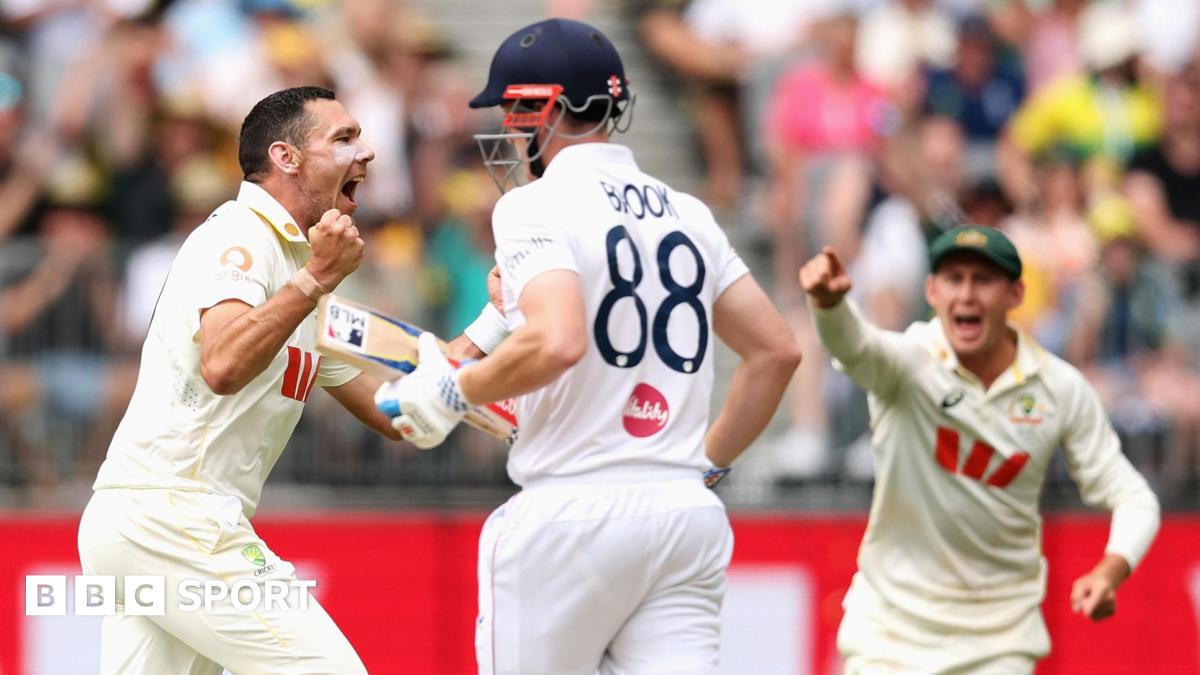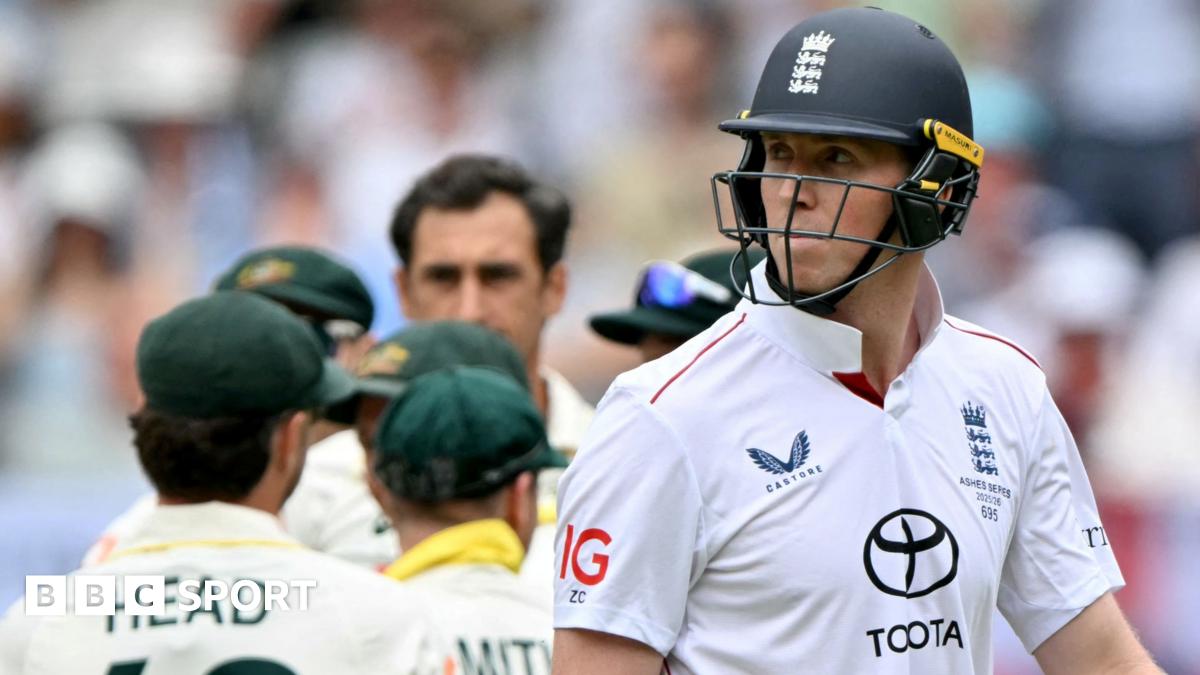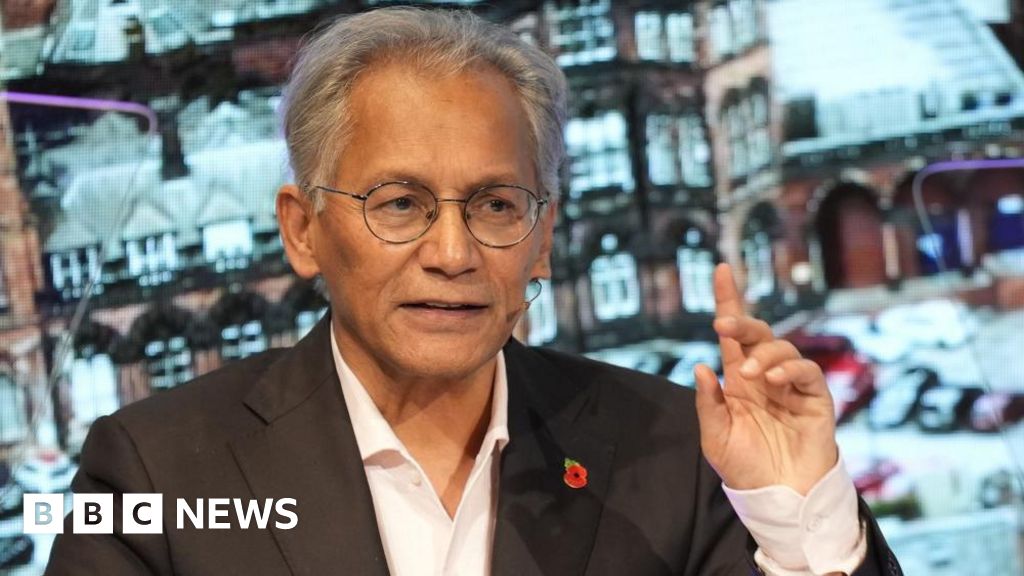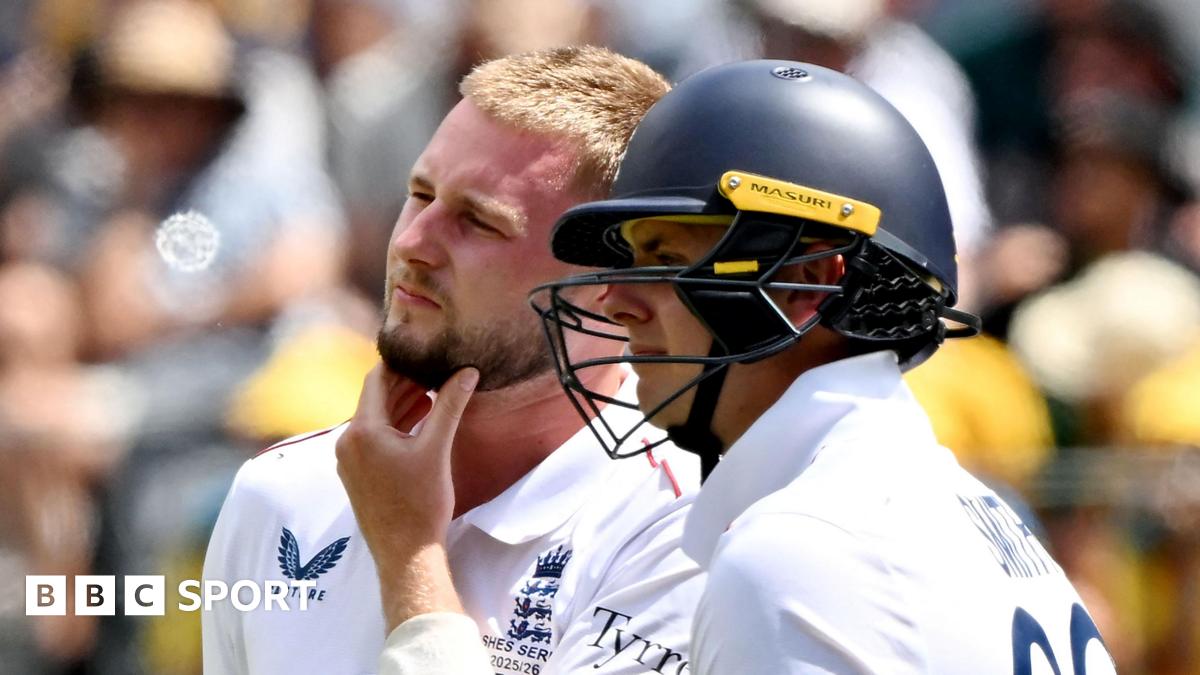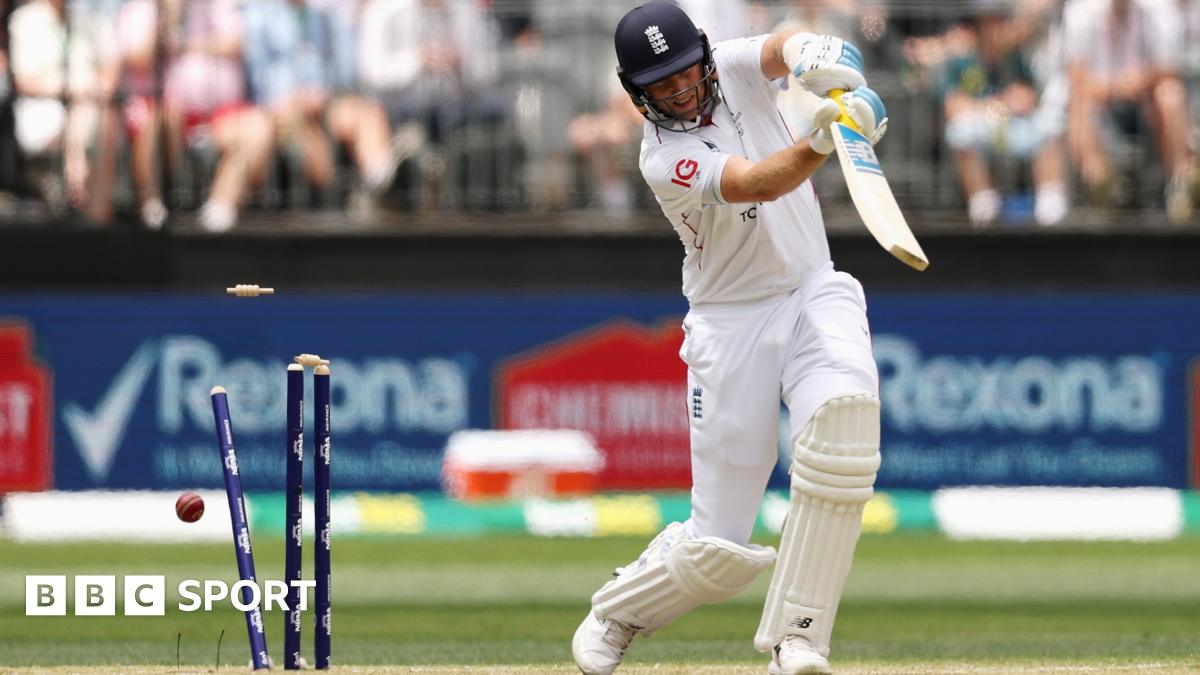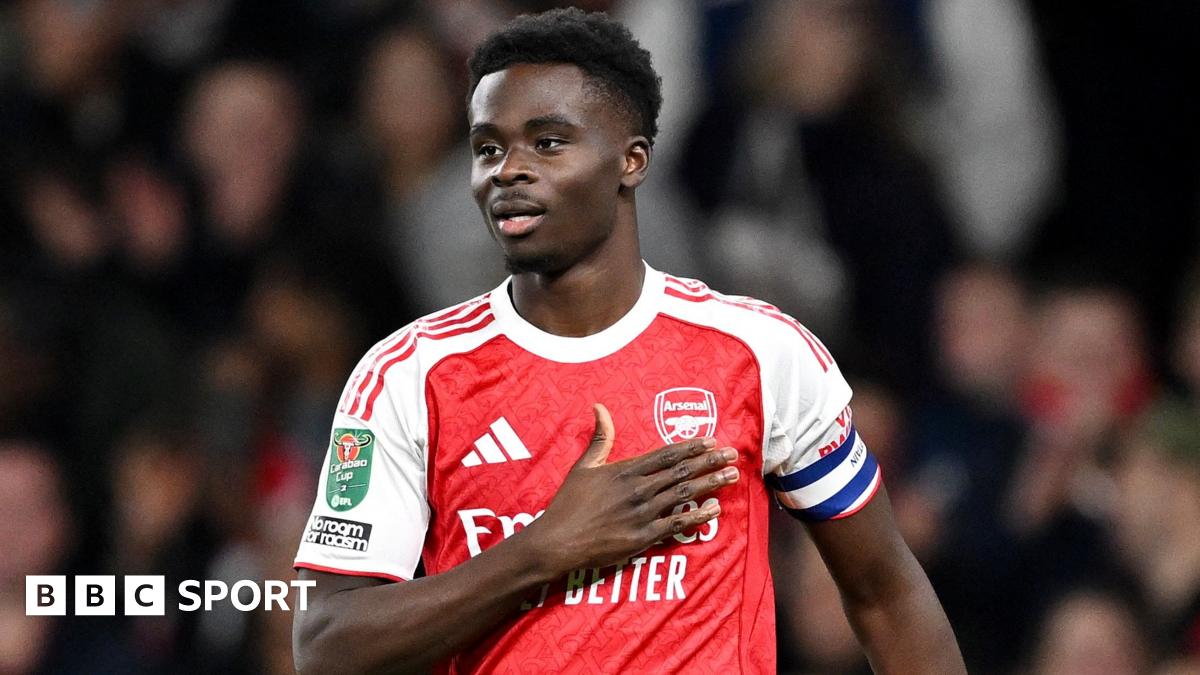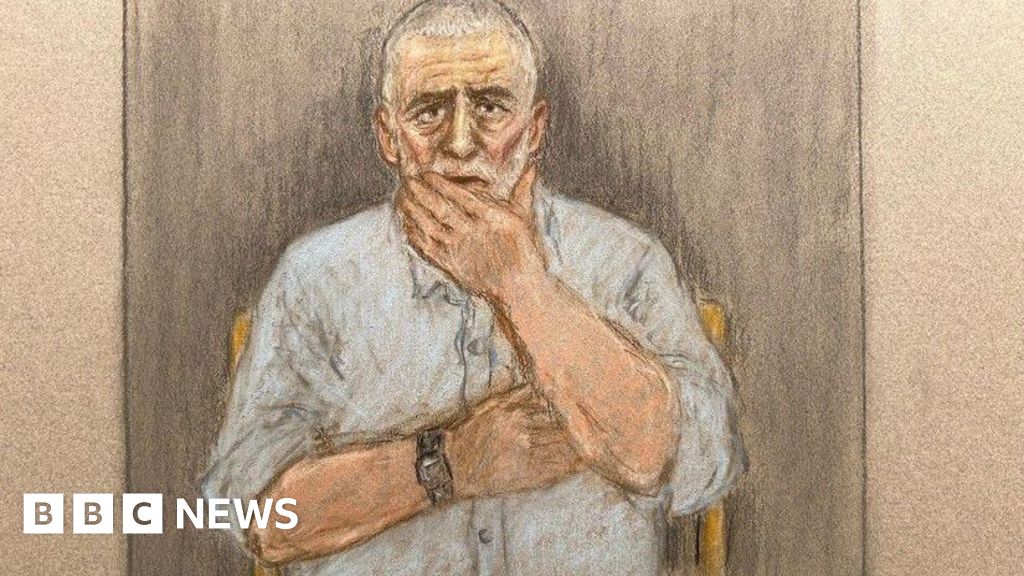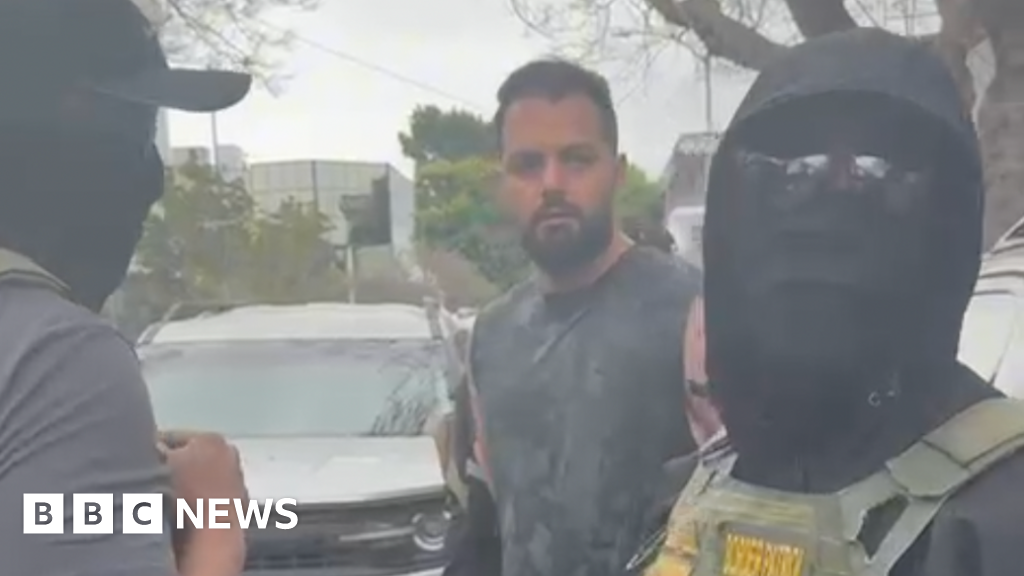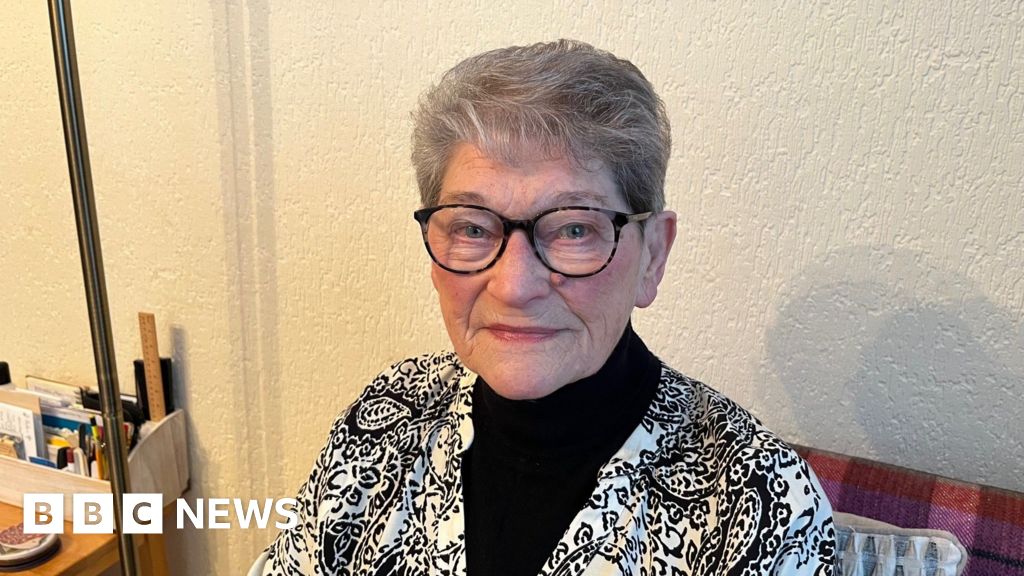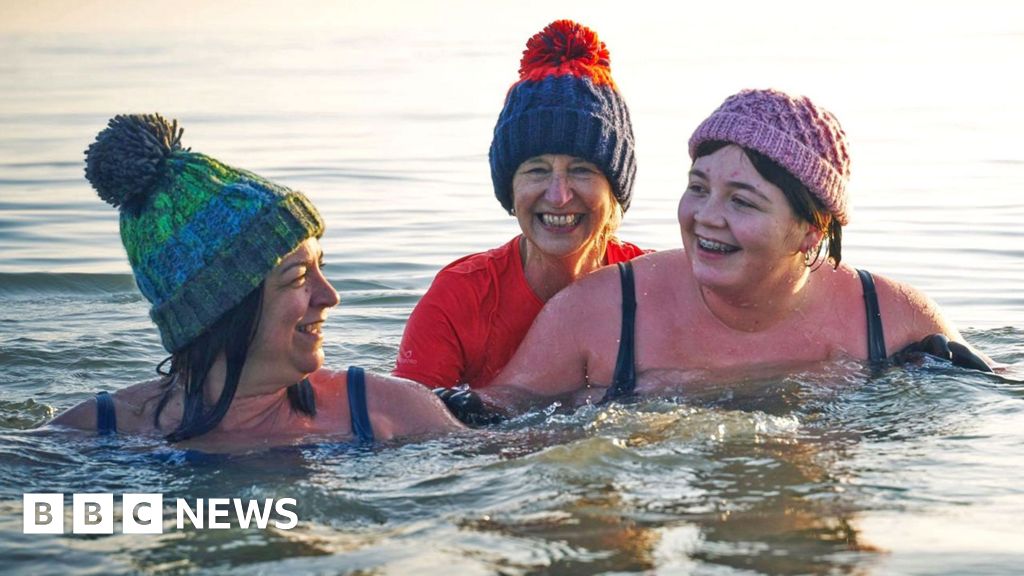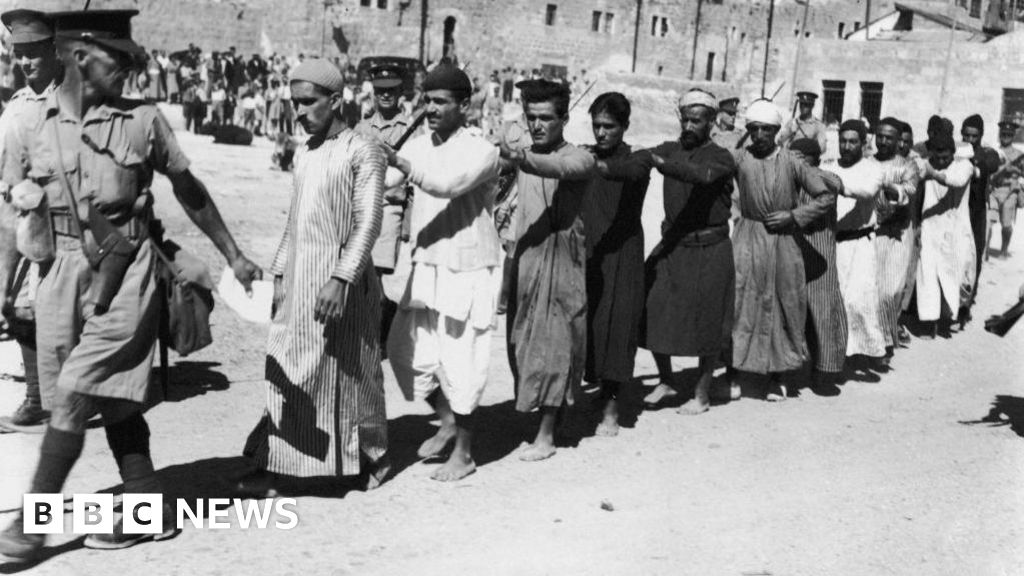Lucy Clarke-Billings
BBC News

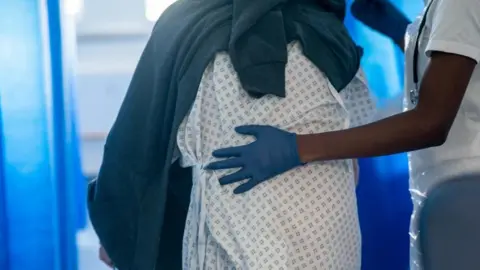 PA
PA
The resident doctors strike in England has begun after a dispute over pay between the government and the British Medical Association (BMA).
Thousands of doctors are walking out over five days, with Health Secretary Wes Streeting insisting that disruption will be kept to a minimum.
But several NHS patients have told the BBC they fear their conditions could become worse after delays to scheduled procedures, while some have also expressed sympathy over the concerns the doctors are raising.
Peter Plant, 58, of Tamworth, who has kidney cancer, said his surgery to remove the organ on Friday was cancelled on Thursday morning. The operation has been rescheduled for 20 August, but he fears the delay could be a "death sentence".
"Resident doctors do not care that delaying operations like mine are very likely a death sentence," he said.
"I'm absolutely angry and frustrated. It is not just about me, it's about our whole family.
"You try and gear yourself up for it and then it's utter deflation."
Mr Plant said he and his family had been living in "limbo" and that he felt "utterly lost".
"Wes Streeting says he has told hospitals to carry on as normal and they're clearly not," he added.
Official figures have not yet been released on the impact of the strike. Some hospitals are reporting more than 80% of their non-urgent work is still being carried out.
Previous walkouts have led to mass cancellations of operations, appointments and treatments: more than one million were cancelled during resident doctor strikes in March 2023 and routine care was cut by half at some hospitals.

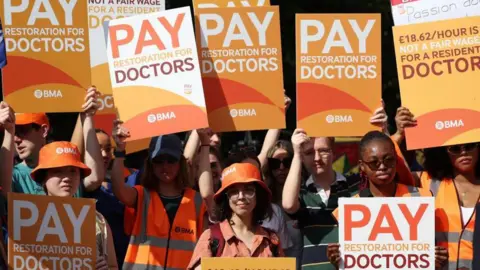 EPA
EPA
Repeated delays to surgery
Sarah, a patient from the north-west of England, said she was due to have a hysterectomy - an operation to remove her uterus - on Monday but it had been cancelled for a second time.
"They don't have a rescheduled date for me at this time," she said. "It's very hard when you have been mentally preparing yourself for major surgery, especially as I was first told that I needed one in November 2024."
Andrew Mundy, 58, from Lincoln, expressed fears that repeated delays to his tendon surgery could leave him permanently injured.
He injured his knee in early February and was given an initial date for surgery at the end of May, which he said was cancelled because the consultant was on holiday.
The surgery was rearranged for Friday but was cancelled because of the strike, he said.
"I am furious and aware that every delay in surgery will make the chances of a successful repair even less likely," he said.
"It is not fair that I may never recover from this injury due to delays in treatment.
"It's frustrating because [the NHS] say that they are not cancelling stuff and things are running as normal, but they are cancelling stuff."
Claudia, 44, from Maidstone, said she had been waiting for more than a year to have her gallbladder removed. Her operation has also been cancelled.
"Now I've been told I need another assessment, and the next appointment isn't until next month.
"Meanwhile, I'm still on daily medication to manage constant pain and symptoms.
"I've had to stick to a strict diet just to avoid flare-ups and have lost 15kg because of it.
"This is beyond frustrating. How can something marked as urgent be delayed for so long? I feel completely ignored.
"People shouldn't be left to suffer like this while stuck in the system."

 Lorien Overson
Lorien Overson
Michael Overson has been waiting three years for a knee operation
Michael Overson, from Gainsborough, Lincolnshire, has been waiting three years for a knee operation and found out on Friday his surgery, which had been scheduled for Tuesday, had been cancelled.
Mr Overson is a delivery driver for a national supermarket chain and says the delay means he will have to "continue living and working in pain".
"This places me in limbo as I have no idea when it'll be rearranged. I can't plan anything," he said.
"The increased costs the strikes cause only causes greater harm to the NHS."
Dr Tom Dolphin, the chairman of the BMA, said before the action began that "we are very sorry that strikes have become necessary".
"Of course if people have emergencies or need urgent care they should still present to the hospital or their GP as usual, as they always would," he said.
"Striking is something that doctors don't want to have to do."

 3 months ago
88
3 months ago
88

